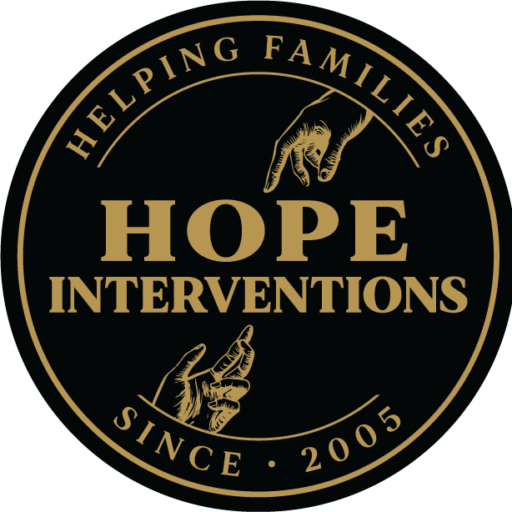Conducting an intervention for a loved one struggling with alcohol addiction is a sensitive and emotional process. Effective communication is crucial to ensure that the message is delivered with compassion and clarity and that it encourages the individual to seek help. At Hope Interventions, we emphasize the importance of preparing for and using effective communication strategies during an intervention. Here’s a guide to help you communicate effectively during an alcohol intervention.
Prepare in Advance
Preparation is key to a successful intervention. This involves:
Research: Understand the nature of alcohol addiction and its effects.
Rehearsal: Practice what you plan to say to ensure clarity and emotional control.
Planning: Outline the structure of the intervention, including who will speak and in what order.
Choose the Right Setting
The environment where the intervention takes place can influence its success:
Private and Neutral Location: Select a quiet, private place free from distractions where everyone feels safe.
Comfortable Atmosphere: Ensure the setting is comfortable to reduce stress and tension.
Use “I” Statements
Using “I” statements helps express your feelings without sounding accusatory or confrontational:
Express Personal Feelings: “I feel worried when I see you drinking so much.”
Avoid Blame: Instead of saying, “You are ruining your life,” say, “I am concerned about how your drinking is affecting your health and our family.”
Stay Calm and Compassionate
Maintaining a calm and compassionate demeanor is crucial:
Control Emotions: Avoid yelling, blaming, or showing anger, as this can lead to defensiveness.
Show Empathy: Demonstrate understanding and compassion for their struggle.
Be Specific and Honest
Clearly and honestly describe the impact of their drinking:
Provide Examples: Share specific instances of how their drinking has negatively affected them and others. For example, “Last month, you missed our family gathering because you were too drunk to come.”
Focus on Facts: Stick to factual information rather than opinions or judgments.
Express Concern and Care
Let your loved one know that the intervention is coming from a place of love and concern:
Affirm Your Love: “We love you and want to see you healthy and happy.”
Show Support: “We are here to support you through this process.”
Offer Solutions and Support
Present clear and practical solutions to help them take the next steps toward recovery:
Treatment Options: Have information ready on treatment programs, therapists, and support groups.
Immediate Action: Offer to accompany them to treatment or support group meetings.
Ongoing Support: Reassure them that you will be there for them throughout their recovery journey.
Set Boundaries and Consequences
Clearly outline the boundaries and consequences if they refuse to seek help:
Define Boundaries: “We cannot continue to support your lifestyle if you choose not to seek help.”
Explain Consequences: “If you don’t seek treatment, we will have to take a step back for our own well-being.”
Encourage Open Dialogue
Encouraging open dialogue allows your loved one to express their feelings and concerns:
Listen Actively: Pay attention to what they are saying without interrupting.
Acknowledge Their Feelings: Validate their feelings and experiences, even if you don’t agree with them.
Follow-Up and Continued Support
The intervention is just the beginning of the recovery journey:
Stay Involved: Continue to offer support and encouragement after the intervention.
Monitor Progress: Keep track of their progress and celebrate milestones.
Provide Resources: Offer additional resources and support as needed.
Conclusion
Effective communication during an alcohol intervention requires preparation, compassion, and clarity. By using “I” statements, staying calm, being specific, and showing support, you can create a supportive and constructive environment that encourages your loved one to seek help. At Hope Interventions, we are committed to guiding families through this challenging process and providing the support needed for a successful intervention and recovery journey.
For more information and resources on conducting an effective alcohol intervention reach us out today!

